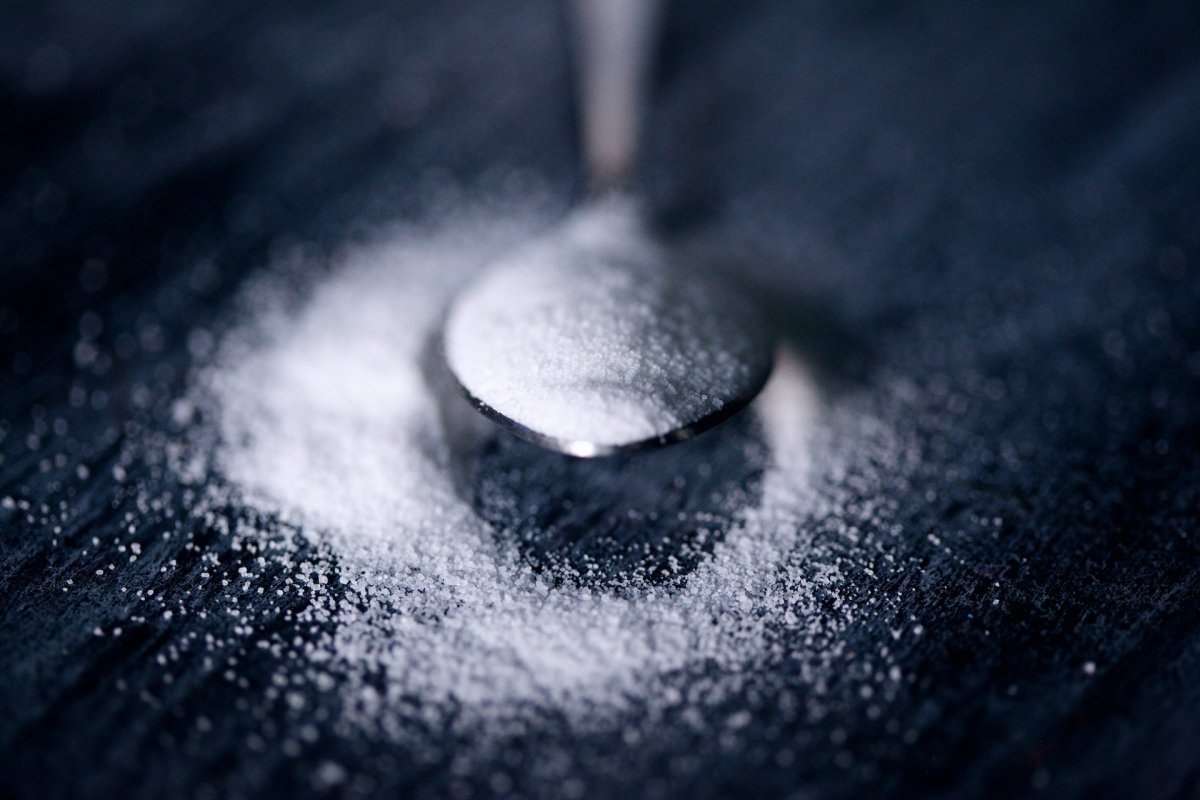
According to endocrinologist Tatyana Bocharova, if you stop eating sweets for a month, changes will occur in all systems of the body.
— In a month giving up sweets will affect all systems of the body – from the gastrointestinal tract to hormonal levels. Metabolism will be better; insomnia will disappear; If you lose up to 4 kg of weight, your overall quality of life will improve, the doctor noted.
Read carefully what is written on the labels, advises Bocharova. Products with more than 22.5 grams of sugar per 100 grams are too sweet.
Sugar on labels may be hidden behind other names: hydrolyzed starch, molasses, fructose, maltose, powdered sugar.
If you give up sugar, your skin will change. It destroys the protein collagen, which makes the skin more elastic and prevents wrinkles from forming prematurely.
Problems from consuming refined sugar:
- < li>obesity;
- diabetes mellitus type 2;
- decreased immunity;
- atherosclerosis;
- damage to the walls of blood vessels;
- reproduction in the mouth of microorganisms that destroy tooth enamel.
Negative consequences of giving up sweets. They look like withdrawal symptoms.
- irritability, anxiety;
- decreased performance;
- headaches;
- muscle pain;
- eating disorder.
< li>insomnia;
Glucose is not only found in refined sugar. This is a natural carbohydrate that is rich in sweet fruits and vegetables. Natural sugars are found in honey, dairy products, and nuts.
What is sugar?
Sugars, or saccharides, are a short common name for all simple carbohydrates. Simple carbohydrates are present in food products or are formed in the body after the processing of complex carbohydrates (polysaccharides, starch).
Simple carbohydrates include:
Sucrose – it consists entirely of sugar, which is made from sugar cane and sugar beets.
Glucose – grape sugar, dextrose. Found in fruits and vegetables (pumpkin, carrots), berries, honey and plant inflorescences.
Fructose is fruit sugar. Found in fruits and honey.
Galactose is part of milk sugar (lactose). Contained in milk.
Maltose is malt sugar. Obtained from sprouted grains (malt) of barley, rye, and other grains.
Natural and added sugars:
All sugars that we get from food are divided into natural (contained in unprocessed foods) and added during processing.
As Medicalforum wrote, if you can’t refuse candy, then eat it in the morning, and not in the evening, advises endocrinologist Zuhra Pavlova. The activity of the hormone insulin in the body changes depending on the time of day. The more it is stimulated, the greater the process of fat formation, the doctor emphasized. And eating sweets in the evening is precisely the stimulation of insulin synthesis.
Read also: Gastroenterologist Pomoinetskaya: how to replace coffee during exacerbations of the gastrointestinal tract
More on the topic: Important for hypertensive patients: what is persistently elevated pressure
You can read: Endocrinologist Kvasova: good sleep affects weight and is important for the central nervous system
Important!< /span> Information provided for reference purposes. Ask a specialist about contraindications and side effects and under no circumstances self-medicate. At the first signs of illness, consult a doctor.
